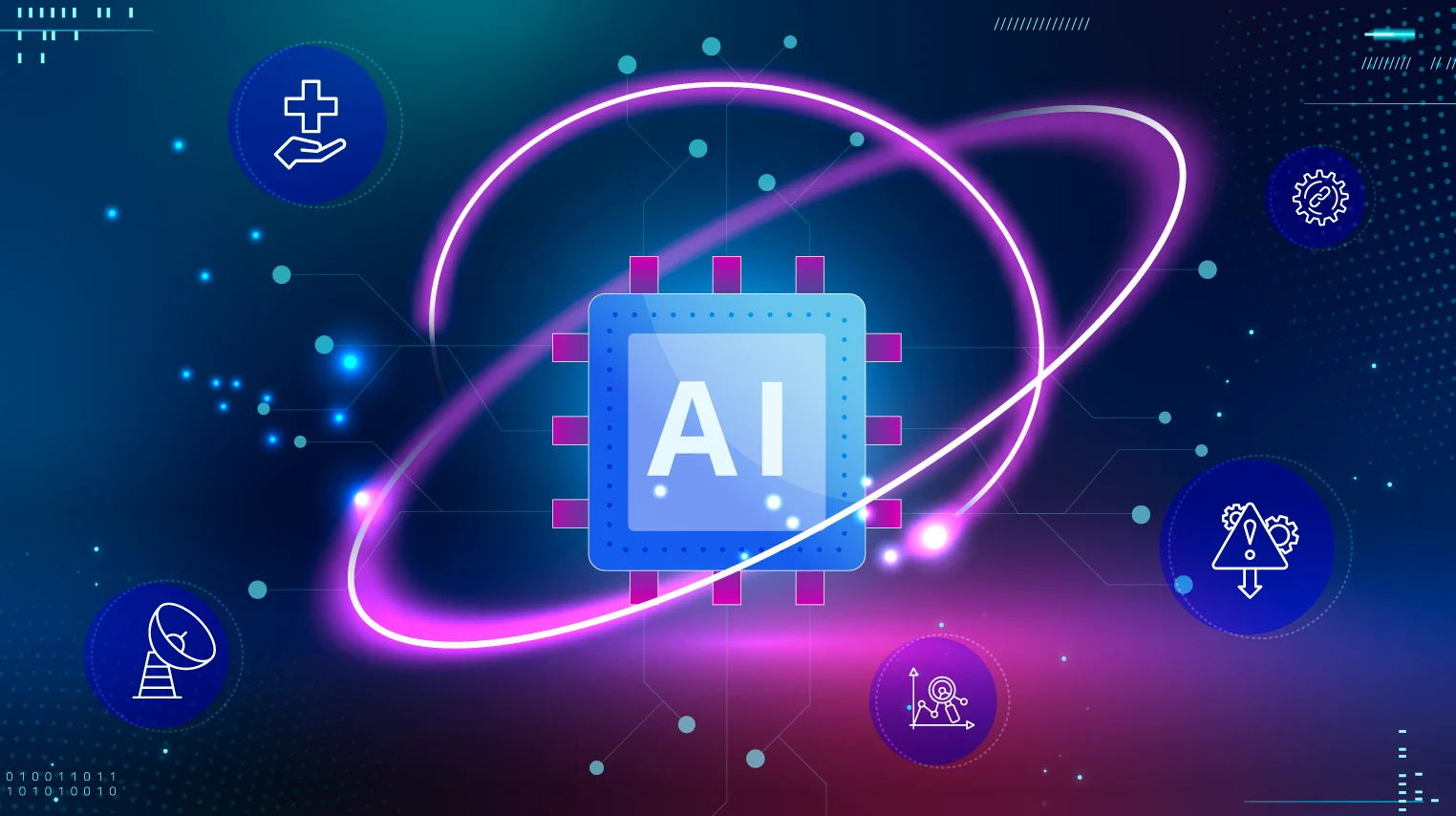SAP Artificial Intelligence Enterprise:
In the age of artificial intelligence, one technology stands out for its transformative potential: Generative AI. This cutting-edge field is reshaping industries, from creative arts to healthcare and beyond, by enabling machines to generate content, mimic human behaviors, and innovate in ways previously unimaginable.
What is Generative AI?
Generative AI, a subset of artificial intelligence, focuses on creating new content rather than analyzing existing data. Unlike traditional AI, which relies on predefined rules and patterns, generative AI leverages neural networks to produce original outputs, such as images, text, music, and even entire simulations.
Use of Generative AI Across Industries:
Insurance:

1. Automated Claim Generation:
Generative AI can analyze various data sources such as customer records, accident reports, and policy information to automatically generate claim reports, improving efficiency and reducing processing time.
2. Risk Assessment:
Generative AI models can simulate various scenarios and generate synthetic data to assess potential risks.
Telecommunications:

1. Network Optimization:
Generative AI can analyze network traffic patterns and optimize network configurations to improve performance, reduce latency, and enhance the quality of service for telecommunications providers and their customers.
2. Predictive Maintenance:
By analyzing historical data on network infrastructure and equipment, Generative AI can predict.
Healthcare:

1.Medical Imaging Enhancement:
Generative AI can generate high-resolution images from low-quality scans, improving the accuracy of medical diagnoses and treatment planning.
2.Drug Discovery:
Generative AI models can simulate molecular structures and predict the efficacy of new drug candidates, accelerating the drug discovery process and reducing costs.
3.Personalized Medicine:
By analyzing patient data and genetic information, Generative AI can generate personalized treatment.
The Future of Generative AI
As generative AI continues to advance, its impact on society will only grow stronger. From fostering innovation and creativity to addressing complex challenges in healthcare, finance, and beyond, generative AI holds the key to unlocking new possibilities and reshaping the future of humanity.
SAP Artificial Intelligence in the Enterprise
In today’s rapidly evolving business landscape, harnessing the power of artificial intelligence (AI) is crucial for organizations striving to gain a competitive edge. SAP, a global leader in enterprise software, has been at the forefront of integrating AI technologies into its suite of solutions to drive innovation and transformation across industries.
SAP Artificial Intelligence Enterprise (AI Enterprise) represents a strategic initiative by SAP to empower businesses with AI-driven capabilities that enhance decision-making, optimize processes, and deliver personalized experiences to customers. By leveraging advanced machine learning algorithms, natural language processing, computer vision, and predictive analytics, AI Enterprise enables organizations to unlock valuable insights from their data, automate repetitive tasks, and drive efficiency at scale.
At the heart of SAP AI Enterprise is the SAP Leonardo platform, a comprehensive suite of AI and IoT (Internet of Things) services designed to enable intelligent enterprises. With SAP Leonardo, organizations can seamlessly integrate AI capabilities into their existing business processes and applications, leveraging pre-built AI models and APIs to accelerate time-to-value.
Unlocking Efficiency: How Artificial Intelligence Enhances SAP Systems
- Process Automation:
AI can automate routine tasks within SAP, such as data entry, invoice processing, and report generation. This automation reduces manual effort and speeds up processes.
- Predictive Analytics:
AI algorithms can analyze historical data within SAP to make predictions about future trends, demand patterns, or potential issues.
- Optimized Resource Allocation:
AI algorithms can optimize resource allocation within SAP systems by analyzing data in real-time and adjusting parameters such as inventory levels, production schedules, or workforce allocation accordingly.
- Enhanced Decision Support:
AI-powered analytics tools integrated with SAP can provide deeper insights into business operations, enabling better decision-making. These insights can range from identifying cost-saving opportunities to recommending optimal pricing strategies.
- Natural Language Processing (NLP):
NLP capabilities can be integrated into SAP systems to enable users to interact with the system using natural language commands or queries, thereby streamlining data retrieval and analysis processes.
- Fraud Detection:
AI algorithms can continuously monitor transactions and activities within SAP systems to detect anomalies or suspicious patterns indicative of fraud. This helps in mitigating risks and safeguarding financial interests.
- Customer Service Improvement:
AI-powered chatbots or virtual assistants can be integrated into SAP systems to provide real-time assistance to users, resolve queries, and facilitate smoother interactions between employees and the SAP platform.
By leveraging AI technologies within SAP environments, organizations can streamline operations, reduce costs, and gain a competitive edge in today’s fast-paced business landscape.
Conclusion:
SAP Artificial Intelligence Enterprise and the transformative power of generative AI together represent unparalleled opportunities for organizations to drive innovation, efficiency, and growth in the digital era. By embracing SAP AI Enterprise and harnessing the capabilities of generative AI responsibly and ethically, businesses can unlock the full potential of AI, deliver superior experiences to customers, and create sustainable competitive advantage while revolutionizing industries and empowering human creativity in today’s fast- paced and data-driven world.






